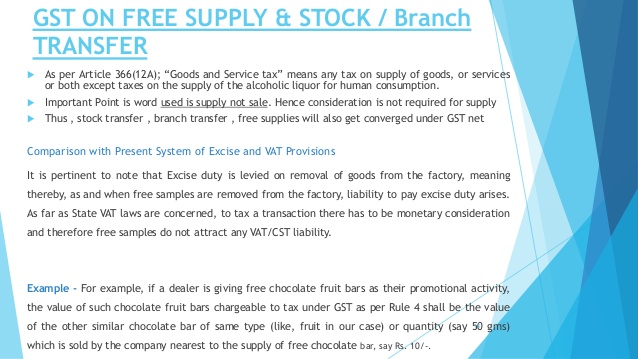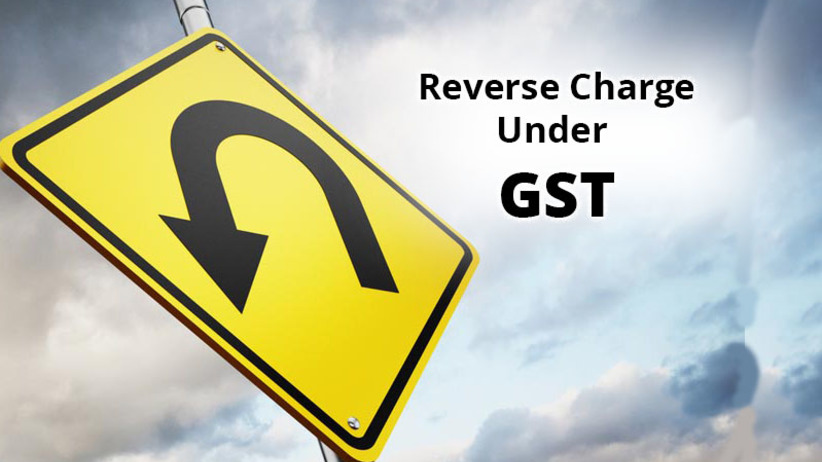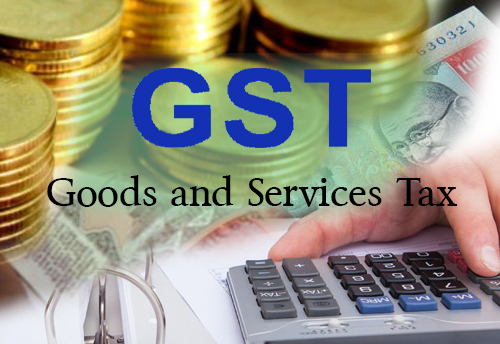As GST gets implemented, what would be tax impact on ongoing Government Orders

Present contracts going as per present tax arrangements, Contracts that do not Provide for variation in taxes once GST comes in could be in trouble
As GST would get implemented effective 1st April 2017, the tax impact on the products is definitely going to the different. As the rates of the GST on various items is yet to be finalized for various states and various existing taxes as VAT, CST, Service Tax, Excise Duty, Import duties etc are going to be subsumed and new levies as Central GST, State GST and IGST are going to be levied, the difference in the final sale price is definitely going to be there; whether positive or negative in a state for a given product.
This is going to cause a major problem. Now most of the PSU contracts are long term and fixed price ones. Normally in all such contracts, any variation in the taxes is going to be on account of supplier. Even where there contract are not long term, but have certain unexecuted portion as the GST gets implemented, who would bear the brunt of the tax difference.

What about orders that provide for compensation for Tax Variance but are facing time overrun?-Another problematic area that is going to be there are the cases where the execution of the contracts re getting delayed. Even in cases, which allow the supplier to get compensated for increase in taxes, such benefit is only available where the contracts are being executed with in due time frame. But many such contracts face time over run, for various reasons. So who finally bears the burden?
Certain Taxes not being available for credit as of now-Further, as against present arrangement, not all taxes paid are available for input credit; in GST regime all taxes are available for input credit. All such issues are going to make some difference in the final cost of sales to the manufacturer or supplier.
Some of the taxes those are not available for input credit today are-
a) Credit of service tax where the goods are purchased by a trader
b) Credit of excise duty where the goods are purchased by or through a trader
c) Octroi, Cess or entry tax
d) Interstate tax, (Central sales tax ) paid by either trader or manufacturer of goods is not available for credit;
e) In certain situations and certain options such as composite scheme, VAT paid in a state is not available against output credit;
f) Service tax on certain items as rentals is not available for credit;
g) Other taxes as Turnover tax, additional sales tax also not available for input credit;
Another problem, when part of the order would gall in GST regime, is that such taxes paid as discussed above, not hitherto available for input credit, would get no benefit to seller in cases where he has made purchases in previous period, but is selling now in GST period. This would lead to double taxation;
Even in cases, where the contract provides for variation in prices due to changes in tax rates, calculating and satisfying the customer about the impact of tax rates change may be difficult to satisfy.
Care to be taken while bidding now- While for the orders which are already valid today and would get fully or partially executed during GST regime, the bidder may not be able to get any benefit unless the terms of the agreement provide for such compensation care needs to be taken for orders that are going to be floated now before the implementation of GST but order execution to continue during GST period as well.
While bidding for new orders, the bidder would do well to get the clause of compensation to be incorporated and to avoid any difference in the interpretation in working out such variation, it would be good if the contract contains one or two illustrations to share example working in the scenario. In the illustrations, full impact of present rates as Octroi, Entry Tax, Cess, Service Tax, and Base value on which tax is calculated and Tax amount included in the base price should be taken.


 Sales Tax For E-Commerce: 3 Things Small Businesses Should Know
Sales Tax For E-Commerce: 3 Things Small Businesses Should Know  What Is The GST Liability on Free Supply of Goods and Services?
What Is The GST Liability on Free Supply of Goods and Services?  Some FAQs about GST- Understanding Scope and Provisions of GST
Some FAQs about GST- Understanding Scope and Provisions of GST  Understanding the Reverse Charge mechanism under GST and IGST?
Understanding the Reverse Charge mechanism under GST and IGST?  Pros and Cons of GST- Is Ushering in of GST worth Celebrating as media wants us to believe?
Pros and Cons of GST- Is Ushering in of GST worth Celebrating as media wants us to believe?  Arrests and Detention Provisions under GST in Detail- Are these justified
Arrests and Detention Provisions under GST in Detail- Are these justified  ITAT Amritsar: No Section 269SS Violation for One-Time Cash Payment Before Sub-Registrar
ITAT Amritsar: No Section 269SS Violation for One-Time Cash Payment Before Sub-Registrar  Tax Officials Unleash Digital Dragnet: How New Raid Powers Redefine Privacy, Property Rights in India and likely to Fuel Corruption
Tax Officials Unleash Digital Dragnet: How New Raid Powers Redefine Privacy, Property Rights in India and likely to Fuel Corruption  Income Tax Department Rewards for Reporting Tax Evasion: A Comprehensive Guide
Income Tax Department Rewards for Reporting Tax Evasion: A Comprehensive Guide  Forfeiture of Gratuity by Employer- What are the Remedies for an employee- Can employer be challenged?
Forfeiture of Gratuity by Employer- What are the Remedies for an employee- Can employer be challenged?